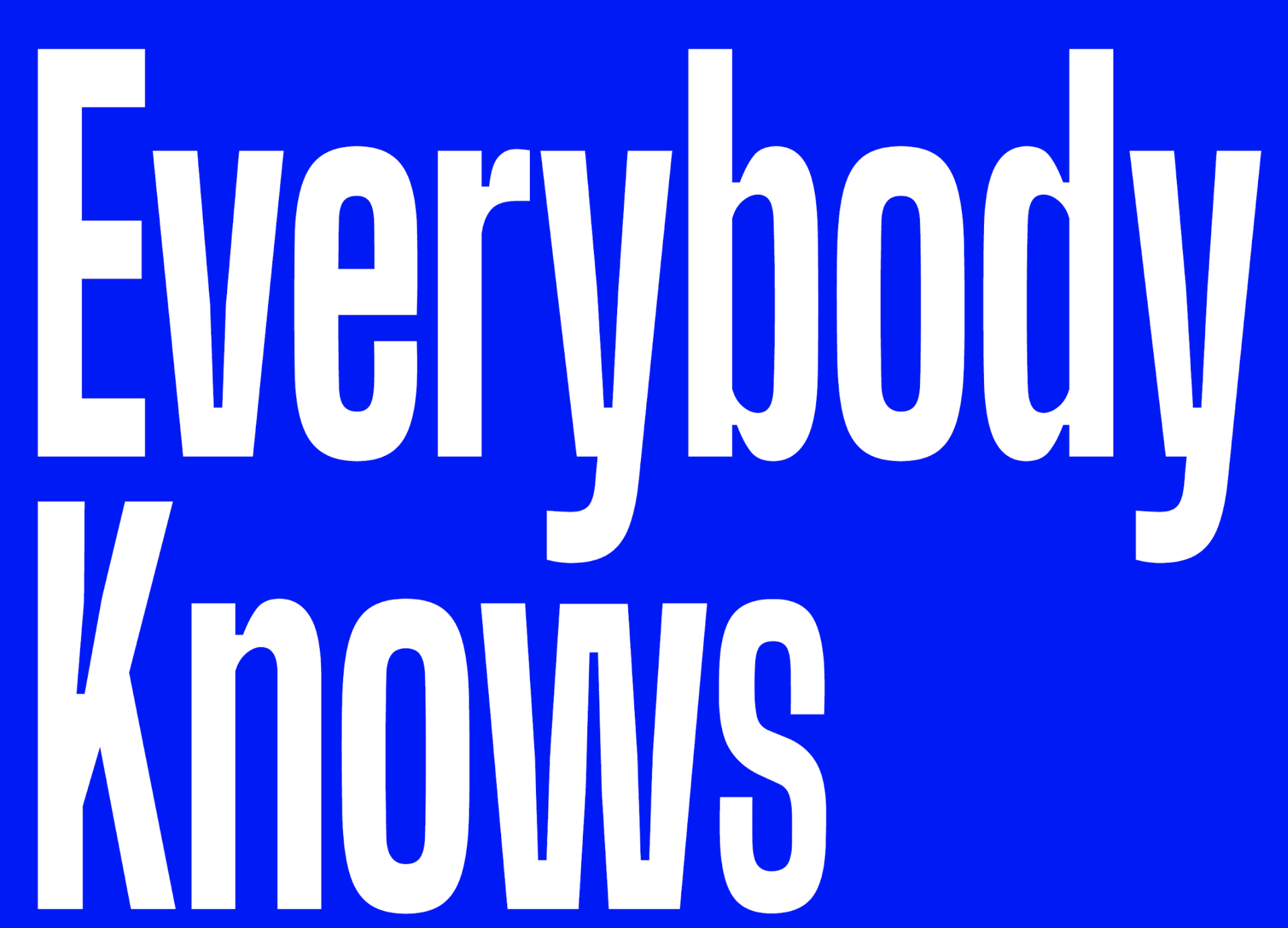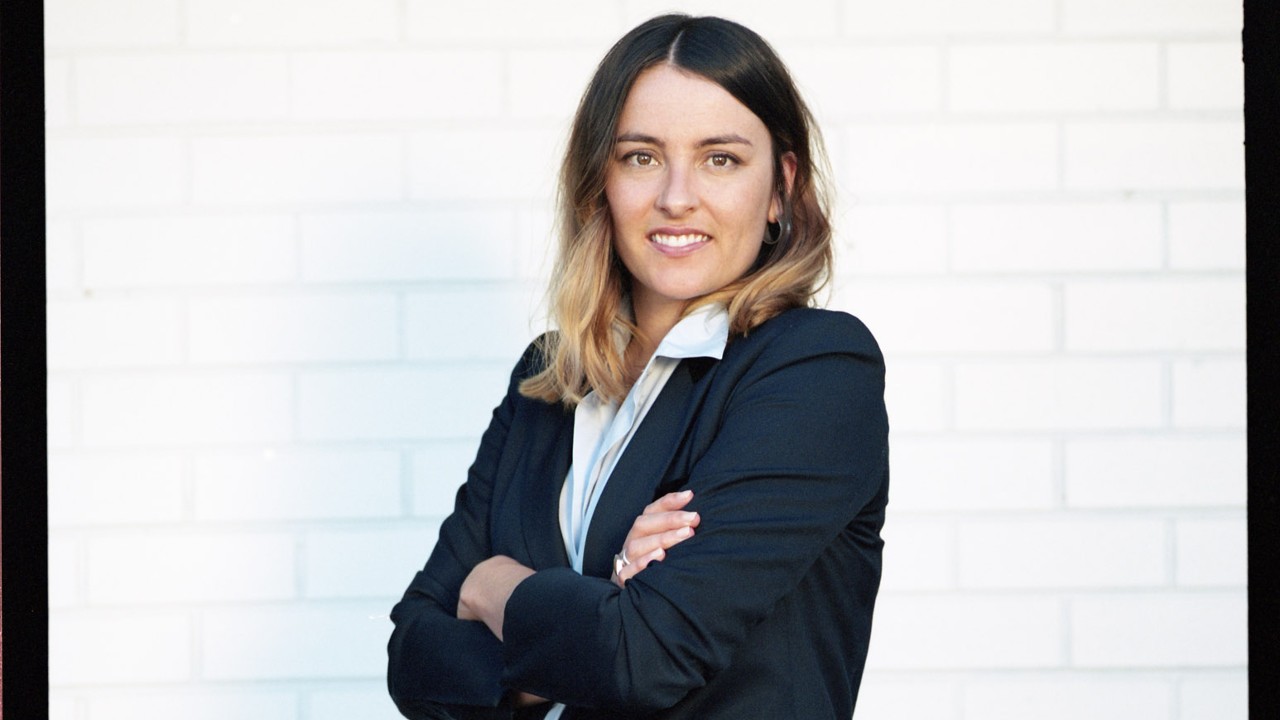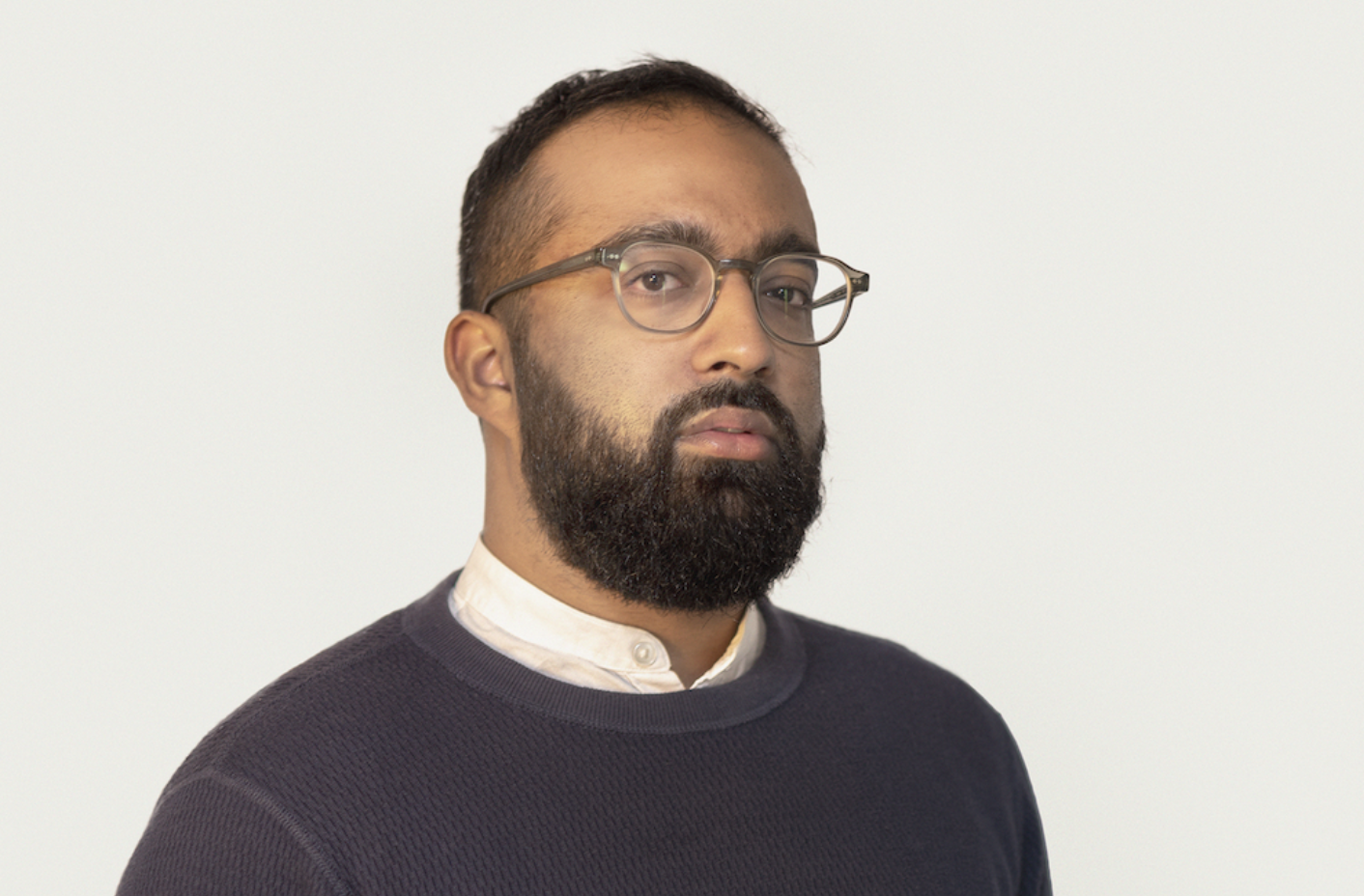Inside the investigation that will expose Australia’s music industry

Tomorrow, a five-part investigation into the toxic culture of Australia’s music industry, and the insidious and powerful forces which keep it that way, is launching. Everybody Knows will shine a light on the entertainment sector’s darker elements, attempt to give voice to those who have been silenced, and explain the roadblocks, hurdles and boys’ clubs which keep the status quo in place. Here, the people behind the podcast reveal to TMN’s Vivienne Kelly what they uncovered in their investigation, what stood in their way, and if there’s any hope for the future.
Everybody Knows.
It’s something that can be said as a threat (everybody knows your secret), an off-hand dismissal (everybody already knows that, don’t worry about it, honestly), or – as is the case here – a frustrated and somewhat perplexed declaration.
Everybody knows. Everybody knows the problem. Everybody knows the predators. Everybody knows the perpetrators.
It would be easy to follow on from that – Everybody knows, but nobody is doing anything. But that’s far from the truth in the case of the issues plaguing Australia’s music industry.
People – women and minority groups in particular – are doing things. Doing the work. Attempting to dismantle the power structures and cultural norms which enable toxic (and illegal) behaviour to thrive. There’s just a hell of a lot in their way preventing them from doing it quickly.
So what’s the aim of the Everybody Knows podcast?
Will it be the final blow to the powers that be to knock them off their perch? Is it simply another voice to make the chorus for change a little louder? Or will it just give voice to the frustrations of those who have been working and working, but have been blocked at every turn.
Ruby Jones, the journalist behind the podcast, tells TMN she tried to build all of these processes, frustrations, questions and decisions into the podcast’s very fabric.

“There’s an investigative element to it, which is looking at certain situations and that kind of thing, but I really wanted to, as part of the podcast, illuminate these barriers and show what happens when you try and tell these stories and make it clear the types of things that stop women from talking – whether that is fear for their careers, or whether it’s legal action,” she says.
“We’ve got a whole episode that’s looking specifically at that, at defamation law in Australia and the barriers that that presents to reporting.
“So, it was really, in one sense, it’s a podcast that focuses on behaviours in the music industry, but in a much bigger sense, it’s about the barriers to this kind of reporting, and the reasons why so little has changed since Me Too in 2017.”
Surely though, Jones entered into this podcast project with eyes wide open. She must have gone in knowing the issues and barriers at play, otherwise she wouldn’t have been drawn to the story?
Yes, she says, she knew there was something there. She was frustrated that the hope she felt in 2017 when Me Too took off in other parts of the world, hadn’t translated to the same action and consequences here at home. She knew there were stories to be told.
She didn’t, however, know just how bad it would be.
“The more people I spoke to, the more I realised that this kind of stuff was pretty entrenched in the music industry. It was endemic. There were so many stories. I was surprised by how many stories there were. And I was also surprised by how much of an open secret it seemed to be in the industry – this kind of behaviour, how it had been tolerated for a really long time,” she says.
Schwartz Media’s head of audio, Osman Faruqi notes Jones has been working on the story for months, before a lot of the recent action and change we’ve seen play out in the public domain came to light.

This, he says, shows her instinct and appetite for the story was spot on, but also that the industry was ready and raring for change.
“I think sometimes people who are really close to something don’t understand just how significant it is until they talk to other people and realise that ‘Oh, wow, there’s actually dozens of us that have had these experiences’. And you don’t always know that, and I think that the surprising element was maybe just… how many people there are who had similar experiences and just maybe never found the opportunity or the encouragement to speak up about it.”
Now that the victims realise there are more of them out there, and that perhaps there are avenues for having their voices heard, will people actually listen to them?
Is there a danger that only those who already know the issue, and want to do something about it, will listen, rather than those we need to get on board? Those who need to change?
“That’s something I’ve thought about a lot,” says Jones about who should, and who will, listen to Everybody Knows. “I think what’s likely to happen is that a lot of women will listen to it, because I think a lot of what we’re speaking to are experiences that women will feel incredibly familiar with and will recognise a lot of them… There’s a spectrum of things that happen at workplaces and happen to women of Australia, and I want to explore that. But I really hope that men listen to it as well. That’s my goal. I think that anyone who cares about equality should listen to it really.”
Faruqi notes that part of the frustration that comes with reporting on these issues, is when they only reach the people who already know what’s going on.
“I have no doubt that women who listen to this series will have shivers go down their spine and will relate to so many parts of it,” he says.
“But there’s a part of me that’s frustrated that these kinds of stories don’t seem to resonate as much with men, so there is obviously a huge part of us crafting this in that we wanted to go beyond the usual suspects. We want this to go as far as possible.”
Based on one of Schwartz Media’s other podcasts – 7am – Faruqi knows they can get important people to listen, engage and, perhaps, enact change.
“Ultimately I think the goal of this series is to help explain to people why Me Too in Australia has hit so many more stumbling blocks compared to the rest of the world, potentially help people understand where the real barriers are and where the real barriers aren’t, so that they might feel more comfortable speaking up about their own experiences in the future,” he says.
“Maybe ultimately also too – we know this from 7am, it’s so funny sometimes who you run into who listens to this stuff, from ex-politicians to current ministers, to very senior public servants and journalists and lawyers. I think we want people who are empowered to listen to this, and to realise how they have in their control to make this easier – whether they’re in a corporate environment where they can provide better support to women, whether they’re law markers who can change the law to help women speak out. That to me is success.”
The potential for success also means the potential for risk, however, something both Jones and Faruqi are well aware of.
The process for Jones so far has already been challenging and confronting, as well as hopeful, as women found their voices and she herself began to understand her central question – that of why Me Too has stalled so much in Australia and what can be done to change that.

She concedes, however, that the most difficult moments might not be over yet.
“To be honest, I think that’s probably still to come,” she says.
“I mean this has all sort of been living in my head and in my studio and all through my life for the past six months. And I think now that we’re so close to putting out episodes, that in itself feels huge. And I think, well I hope, what’s going to happen is that more and more people will get in touch, And I think this moment in time feels kind of scary in some ways, like on the precipice of it being out in the world and it kind of existing beyond my control, I guess.”
There is hope though, she says, because if more people understand why there’s silence, they’re more likely to find ways around the silence, ways to make noise, ways to have their voices heard.
“I remember [Me Too] as a huge moment of hope. I genuinely thought things were going to change, and I was excited about that possibility. It was incredible – that feeling I had of those things that we all kind of accept as a part of life are suddenly not acceptable. They’re on the front page and it’s going to be different.
“And that didn’t happen. Things didn’t really change. It petered out so quickly. And so I really wanted to understand why that was and pick it up and shake it out and try and work out exactly what went wrong, and by doing that, try and figure out if things could be done differently and what that would mean and what it would take.
“And I think I went some way to answering that question.”
To get in contact with the Everybody Knows team confidentially, you can contact everybodyknows@7ampodcast.com.au






























